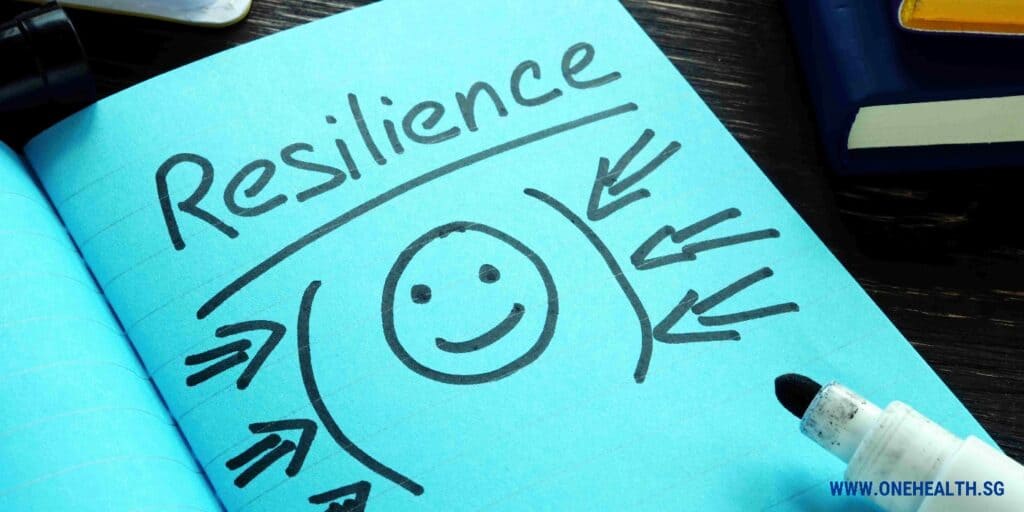Life is full of challenges, and some of these challenges can be quite daunting. However, some people seem to be able to bounce back from adversity more easily than others. These people are often said to be resilient.
Resilience is the ability to withstand and recover from difficult experiences. It is a complex trait that is influenced by a variety of factors, including genetics, personality, and coping skills.
There are a number of things that people can do to enhance their resilience. These strategies can help people to cope with difficult experiences and emerge stronger on the other side.
What is Resilience?

Resilience is the ability to bounce back from difficult experiences. It is a complex trait that is influenced by a variety of factors, including genetics, personality, and coping skills.
Resilient people tend to have a positive outlook on life, even in the face of adversity. They are also able to adapt to change and find new ways to cope with challenges.
Benefits of Resilience
There are a number of benefits to being resilient. Resilient people are more likely to:
- Thrive in difficult situations
- Overcome challenges
- Build strong relationships
- Enjoy good mental and physical health
- Strategies for Enhancing Resilience
There are a number of things that people can do to enhance their resilience. These strategies can help people to cope with difficult experiences and emerge stronger on the other side.
Some of the most effective strategies for enhancing resilience include:
- Develop a positive outlook.Resilient people tend to have a positive outlook on life, even in the face of adversity. They believe that they can overcome challenges and that things will eventually get better.
- Practice self-care.Taking care of your physical and mental health is essential for resilience. This includes eating a healthy diet, getting regular exercise, and getting enough sleep.
- Build strong relationships.Strong relationships provide social support and can help people to cope with difficult times. Make an effort to connect with friends, family, and other supportive people in your life.
- Learn to manage stress.Stress can be a major obstacle to resilience. Learning to manage stress in healthy ways can help you to cope with difficult experiences and stay focused on your goals.
- Challenge yourself.Stepping outside of your comfort zone and challenging yourself can help you to build resilience. When you face challenges and overcome them, you gain confidence and learn new coping skills.
- Be patient.It takes time to develop resilience. Don’t expect to become a resilient person overnight. Just keep practicing the strategies listed above and you will eventually see results.
Resilience is a valuable trait that can help people to cope with difficult experiences and emerge stronger on the other side. There are a number of things that people can do to enhance their resilience, including developing a positive outlook, practicing self-care, building strong relationships, managing stress, challenging themselves, and being patient.
If you are struggling with resilience, there are a number of resources available to help you. You can talk to a therapist, counselor, or other mental health professional. There are also books, articles, and websites that can provide helpful information.
Remember, resilience is not a fixed trait. It is something that can be developed and strengthened over time. With effort and practice, you can become more resilient and better able to cope with difficult experiences.

